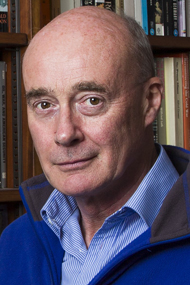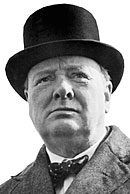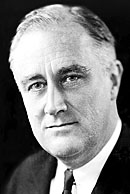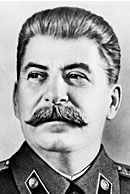
David Reynolds, one of the world’s most acclaimed diplomatic historians, presents “Churchill, Roosevelt, and Stalin: The Big Three in World War Two” Tuesday, Nov. 1 at 4:30 p.m. in Lawrence University’s Wriston Art Center auditorium.
A public reception with Reynolds will be held at 4 p.m. in the Wriston Art Center lobby prior to his presentation. Both events are free and open to the public.
A professor at England’s Cambridge University, Reynolds will discuss the complex and fascinating relationship between the three world leaders, who were allies against Hitler, but who could not agree about the post-war world.
The presentation is based on Reynolds’ current project in which he is collaborating with colleagues in Moscow to publish a book on the wartime correspondence of the “Big Three” that is drawn from American, British and Russian archives.
Reynolds was the recipient of the Wolfson Prize for History in 2004, which is awarded annually in the United Kingdom in recognition of excellence in the writing of history for the general public. The following year he was named a Fellow of the British Academy.
He is the author of 11 books including 2007’s “From Munich to Pearl Harbor: Roosevelt’s America and the Origins of the Second World War,” “In Command of History: Churchill Fighting and Writing the Second World War” and mostly recently “The Long Shadow: The Legacies of the Great War for the Twentieth Century.”
Reynolds also has written 13 historical documentaries for the BBC, including the trilogy “‘World War Two” about each of the Big Three leaders.



The presentation will be filmed by Wisconsin Public Television for future rebroadcast on its “University Place” program.
About Lawrence University
Founded in 1847, Lawrence University uniquely integrates a college of liberal arts and sciences with a nationally recognized conservatory of music, both devoted exclusively to undergraduate education. It was selected for inclusion in the book “Colleges That Change Lives: 40 Schools That Will Change the Way You Think About College.” Engaged learning, the development of multiple interests and community outreach are central to the Lawrence experience. Lawrence draws its 1,500 students from nearly every state and more than 50 countries.